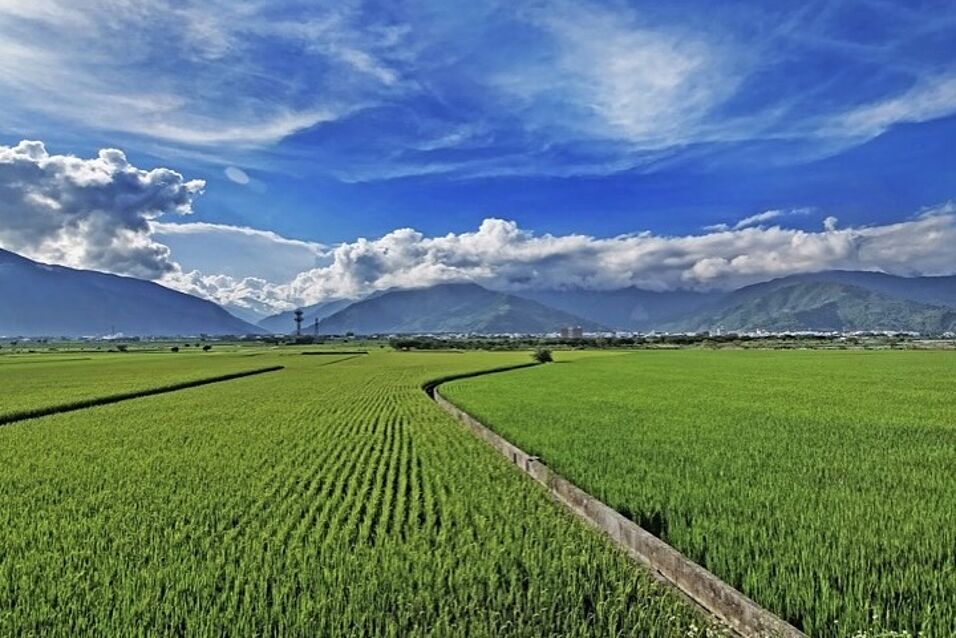This project seeks to increase the understanding of N2 fixation rates of diazotrophs and their respective contribution to the total BNF in these systems. A better understanding of the colonization patterns and preferential micro-niches of diazotrophs associated with soil-grown rice roots is needed to unravel the interactions and N-transfer processes between diazotrophs and the rice plant on a biologically meaningful micro-scale.
The objectives of the proposed research are: (1) to investigate the factors (soil types, rice genotypes, plant growth stages) influencing the community composition of diazotrophs associated with different soil/root micro-environments based on nifH amplicon sequencing; (2) the in situ analysis of spatial distribution and colonization patterns of native diazotrophs associated with soil-grown rice roots via fluorescence in situ hybridization (FISH); and (3) to assess the in situ activity of diazotrophs associated with soil-root micro-environments by 15N2 incubations and FISH-NanoSIMS. This project combines molecular methods, biogeochemical assays, and single-cell isotope analysis to address questions regarding the N2 fixation by plant-associated diazotrophs on a biologically relevant submicron scale.
This project has received funding from the European Union’s Seventh Framework Programme for research, technological development and demonstration under grant agreement No.628361.
Selected Publications
Angel R, Nepel M, Panhölzl C, Schmidt H, Herbold CW, Eichorst SA and Woebken D. (2018) Evaluation of primers targeting the diazotroph functional gene and development of NifMAP. Front Microbiol. 9(703):1-15. {doi:10.3389/fmicb.2018.00703}
Schmidt H, NunanN, Höck A, Eickhorst T, Kaiser C, Woebken D and Raynaud X. (2018) Recognizing patterns: spatial analysis of observed microbial colonization on root surfaces. Front Environ Sci 6(61): 1-12 {doi: 10.3389//fenvs.2018.00061}
Investigated by:
- Woebken D
- Schmidt H
- Dufour L


